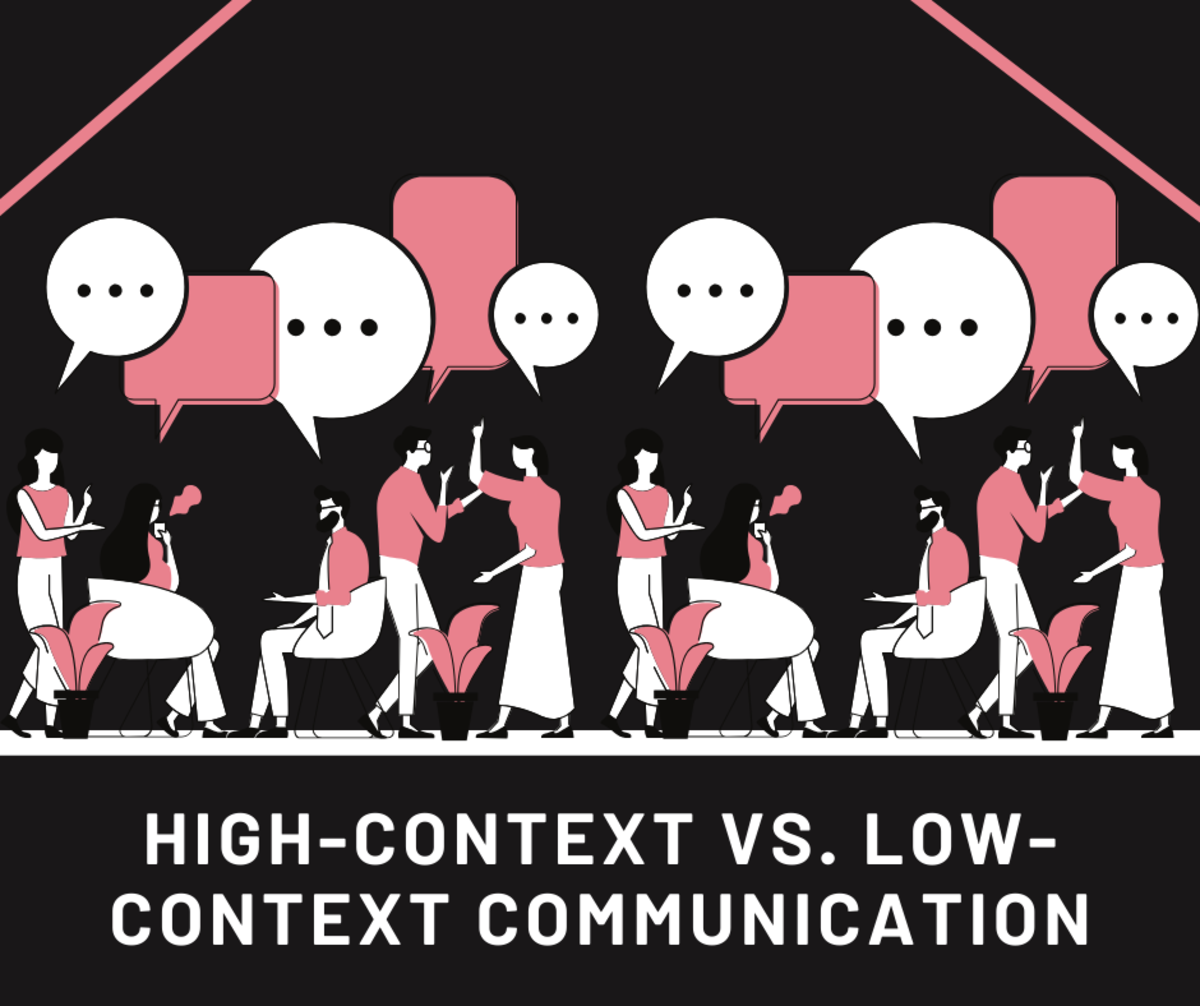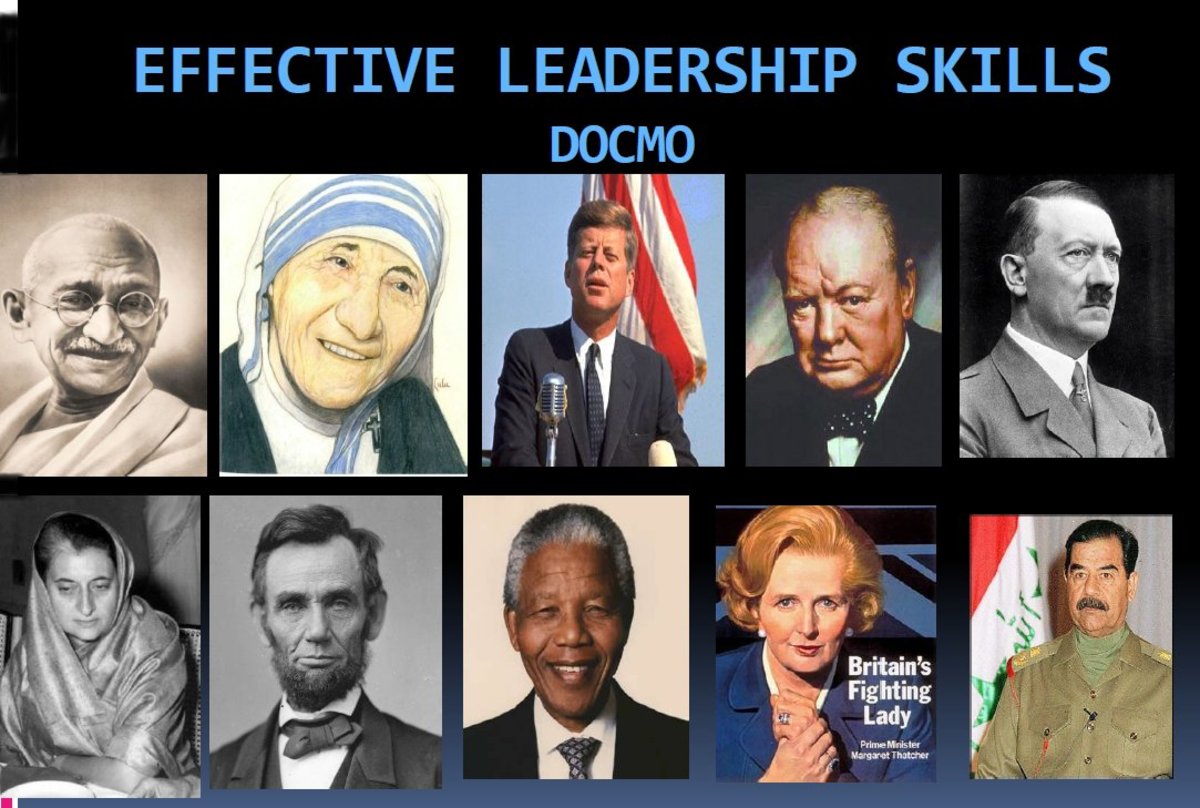Discover the thinking skill both the Rich and Wealthy have in common: And how you can tap into it
Creative Problem Solving as Opportunity Development
Introduction
Intelligence is our way of acting towards a situation. Sometime it could be short, medium or long term. Problems are like that. So long as we allow them to exist - unsolved they will continue to linger. How do you deal with a problem situations? Do you allow it to stay as it is, sort it out, or push it to others? The choices we make when faced with problems could be as a result of ingrained habits due to auto pilot programming or learned skills. The former is a natural disposition we recline towards and the later is due to transformation of our thinking. Either way, we could find that we respond to problems in diverse ways depending on our dispositions.
There is one thing common with skillful problem solvers - they become rich end wealthy. You ask me why? The reason is that they through their highly developed thinking styles connect to the the strategies and tactics required to solve others peoples problems. As a result people but into their vision.
This articles describes different types of problems and how to solve problems through a multilayer strategy.
What is a problem?
Simply, a problem is the difference between what one has and what one wants. The outcome to a problem is to solve it.
Types of problems
There are three types of problems :
1 Problems that require the processing of available infomation or collection of more information
2. The problem of no problem. Wherein the acceptance of an adequate state of affairs precludes consideration of a change to a better state.
3. Problems that are solved by re -structuring of the information that has already been processed into a pattern
The first type of the problem can be solved by mathematical thinking or logical thinking, or the collection of more information.
The other two types can be solved by the use of lateral thinking.
Lateral thinking
So, what is lateral thinking? Lateral thinking was coined by Edward de Bono a thinker and psychologist. It is the ability to rearrange available information so that it is perceived out of the established pattern so as to form a new and better pattern. The new orientation is like an insight. According to Edward de Bono, lateral thinking involves new understanding and manipulation of the universe of perception which is self - organizing, pattern - making, and pattern using systems. The term 'lateral' refers to moving sideways across the pattern instead of moving along them as in normal thinking.For example, Word are patterns of perception and experience. The insight resulting from lateral thinking leads to creativity.
"Creativity is not simply a way to make things better. Without creativity we are unable to make full full use of information and expereicne that is already available to us and is locked up in old structures, old patterns, old concepts, and old percepts."
Edward de Bono - Best Selling Author and Thinker
Problem solving as opportunity development
The ability to overcome a problem depends on two factors:
An accurate perception of the issue (problem or challenge) and a well planned course of steps towards a solution. It involves both conceptual (category) and strategic thinking.
Problem Solving Using a Multi-layered Strategy
Strategy means designing a giant interlocking jigsaw puzzle
Charles Williams - Merchant Banker
When struggling with a problem, you need to be able to see the bid picture as well as the details. This will help you to chunk down the problem so that you can work through each stage logically.
The following are the stages involved in the multilayer strategy.
1. Define the problem
What exactly is the problem? Why is it a problem? These questions are very important to enable yopu to elicit the problem.
2. Determine the extent of the problem
How amny areas does the problem involve?
When does it occur - all the time or at a specific time?
Why is this specific factor a concern?
3. Clarify goals
What steps do I need to reach the solution?
4. Generate options
This is where you apply brainstormng to generate options to tackle the problem.
How amny options do I have? What are the possible outcome of each option?
5. Gather fedback
How can I test my chosen options quickly and easily?
Whom can I go to for further information or guidance?
6, Take action
Applying problem solving skills to different areas of your life could open up new opportunities that could lead to great riches or wealth.
Have you used a problem solving strategy to solve a problem recently. What was the outcome? Express your comments here.
Copyright 2011 BSC Ugoji 4/4/11








